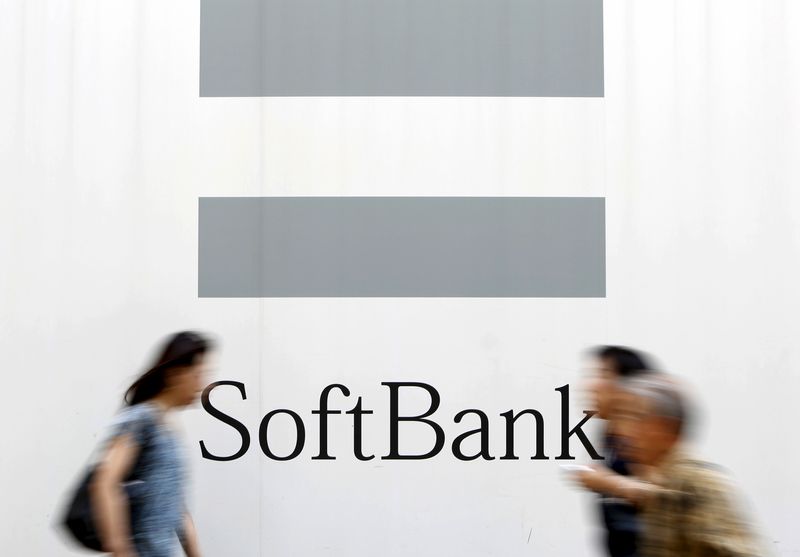SoftBank's $100 Billion Investment: SoftBank-Trump Connection
Implications for Turkish Businesses
On a bright December day, SoftBank CEO Masayoshi Son unveiled a groundbreaking promise alongside Donald Trump: a $100 billion investment aimed at revolutionizing U.S. technology through a focus on artificial intelligence (AI) and innovation. This bold initiative goes beyond being merely a U.S.-centric move; it will have profound implications for businesses worldwide, including those in Turkey. This development presents enormous opportunities as well as significant challenges for Turkish investors and small to medium-sized enterprises (SMEs).
Consider Mehmet Bey, the owner of a successful SME that manufactures textile machinery and exports to Europe and the Middle East. While effective in the past, Mehmet Bey's traditional manufacturing methods now face a critical test. Competitors leveraging AI-driven production lines threaten to outpace him in efficiency and innovation. However, while SoftBank's investment creates challenges, it also offers opportunities for growth and success. This scenario presents multi-faceted challenges for Turkish SMEs like Mehmet's. The rapid adoption of AI in the U.S. could compel Turkish companies to struggle for modernization, especially considering their limited R&D budgets.
Major investments attract the best global talent. Skilled Turkish professionals like Ayşe, a data scientist, may seek better opportunities abroad, deepening the brain drain in the country. While U.S. firms may fill global markets with AI-driven solutions, Turkish exporters reliant on traditional methods could be sidelined. Yet, with the right strategies and adaptability, Turkish businesses can not only survive but thrive in this new landscape.
Amid these challenges lie opportunities for Turkish businesses willing to adapt and innovate. SMEs can partner with AI initiatives to modernize their operations. For instance, Mehmet could collaborate with a tech firm to integrate AI solutions into his machinery, thereby boosting productivity and competitive edge. This underscores the importance of strategic partnerships in the face of global competition.
Strategically located between Europe, the Middle East, and Asia, Turkey has the potential to become a regional technology hub by attracting international partnerships and investments. Turkish SMEs can leverage grants and incentives aimed at digital transformation to modernize and compete on a global scale. Establishing innovation centers and offering competitive salaries can help retain local talent like Ayşe and foster a thriving ecosystem.
Not everyone views this global shift as a threat. Elif, an entrepreneur leading a small AI startup in Ankara, sees it as an opportunity to innovate and grow. Her company is developing AI solutions tailored to regional needs, positioning it at the forefront of Turkey's evolving tech landscape. Entrepreneurs like Elif exemplify the potential for Turkish businesses to succeed in the global AI arena. By fostering collaboration between traditional sectors and tech initiatives, Turkey can secure a strong position in the rapidly evolving tech industry.
The contrasting realities between the challenges Mehmet faces and Elif's aspirations illustrate the dual path ahead for Turkish businesses. While traditional sectors must evolve to survive, tech entrepreneurs prepare to lead this transformation. The role of Turkish investors is crucial for bridging the gap between these sectors, fostering innovation, and ensuring sustainable long-term growth.
SoftBank's $100 billion investment signals the dawn of a new era of global competition in AI and innovation. Turkish businesses must respond with agility by embracing technology, nurturing talent, and forming strategic partnerships to secure their resilience and growth. Industry 4.0 rewards those who adapt and innovate.
The path forward for Turkish businesses is clear: act decisively to shape the future or risk being left behind. It is time to embrace change and seize the opportunities that lie ahead. This urgency and need for adaptability are key to surviving and thriving in the new era of global competition.


